KEYNOTE SPEAKERS
Updated Feb 03, 2014
 Kristin ARDLIE
Kristin ARDLIE
The Broad Institute of Harvard and MIT
Kristin Ardlie earned her Ph.D. at Princeton University and her B.Sc from the Australian National University, where she was awarded the University Medal. She was a Junior Fellow of Harvard University's Society of Fellows. After receiving her tenure at Harvard, where she worked in R.Lewontin and W.Gilbert labs, she served as a Research Scientist at Whitehead Institute's Center for Genome Research with the Common Variants group. Before joining The Broad, she worked for Genomics Collaborative Inc. as Vice President of Genetics. Currently, Kristin Ardlie is Director of Biological Samples Platform at Broad Institute of Harvard and MIT, Cambridge (US).
Kristin Ardlie has an impressive expertise in population genetics and is co-principal investigator of the GTEx project, for which she aims at developing the best protocols for extracting high-quality RNA from different tissue types.
....................................................................................

Thomas GINGERAS
Cold Spring Harbor Laboratory (CSHL)
Professor and Head of Functional Genomics at Cold Spring Harbor Laboratory, New York (US). Dr. Gingeras joined the faculty of Watson School for Biological Sciences in April 2008 as Professor and Head of Functional Genomics and has been one of two instructors for the Genetics-Genomics course. The general research goals of his laboratory are to investigate the organization of eukaryotic genomes and to study the functional roles of non-protein coding RNAs. Currently his laboratory is mapping the transcriptomes of human and fly genomes. This work is undertaken as part of their participation in the NHGRI funded Encyclopedia of DNA Elements (ENCODE) and model genomes (mod-ENCODE) projects. The aims of each of these projects are to generate comprehensive collection of maps detailing the sites of RNA transcription and to characterize the diverse collection of RNAs produced at these loci providing transcriptional start sites (TSS), transcriptional termination sites (TTS), RNA splices sites, and the possible product-precursor relationships between mapped RNA transcripts using RNAseq methodologies.
....................................................................................
 John MARIONI
John MARIONI
EMBL-EBI
John Marioni obtained his PhD in Applied Mathematics in the University of Cambridge in 2008 and did his postdoctoral research in the Department of Human Genetics, University of Chicago. In 2010 John Marioni joined the EMBL-EBI, Hinxton (UK) as Group Leader of Computational and Evolutionary Genomics.
His research focusses on developing the computational and statistical tools necessary to exploit high-throughput genomics data in order to understand the regulation of gene expression and to model developmental and evolutionary processes. Within this context, he focuses on (1) understanding how the divergence of gene expression levels is regulated, (2) using gene expression as a definition of the molecular fingerprint of individual cells to study the evolution of cell types, and (3) modeling spatial variability in gene expression levels within a tissue or organism. These three strands of research are brought together by single-cell sequencing technologies.
....................................................................................
 Cornelia VAN DUIJN
Cornelia VAN DUIJN
The Erasmus University Medical Center Netherlands
Cornelia van Duijn received a MSc degree from the Agricultural University Wageningen (1987) and a PhD degree from the Erasmus University (1992). Since 1992, she is head of the genetic-epidemiology section of the Department of Epidemiology . In 1997, Dr van Duijn received a Pioneer grant award of the Netherlands Organisation for Scientific research (NWO) for her work on the genetic-epidemiology of Alzheimer's disease. Prof. Van Duijn is part of the Center for Medical Systems Biology (CMSB) of the Genetics Focus Group in the Netherlands.
The focus of research of Dr van Duijn is on Alzheimer's disease and related disorders including Parkinson's disease, Creutzfeldt-Jakob disease, frontal lobe dementia and Down syndrome. Further, she studies the genetic-epidemiology of, osteoarthritis, diabetes, hypertension, and strokes. These studies involve genomic searches in family-based studies and in genetically isolated populations as well as candidate gene studies in the Rotterdam Study. With regard to population-based research, Dr van Duijn's prime interest is in gene-gene and gene-environment interaction. The development of approaches to study gene-interactions is one of the focuses in her methodologic work.
[top]

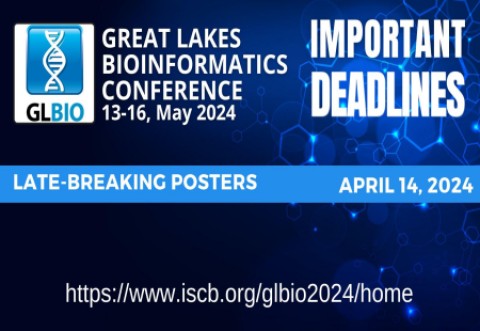
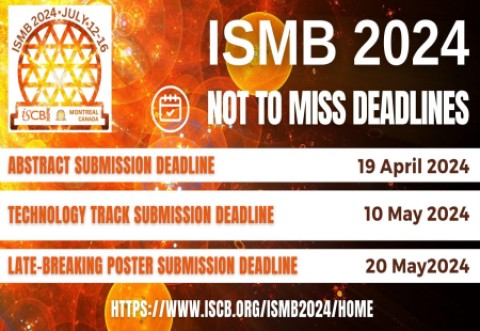
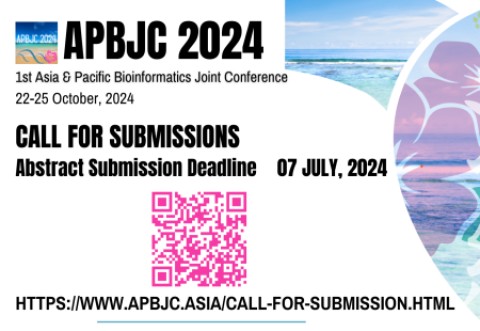
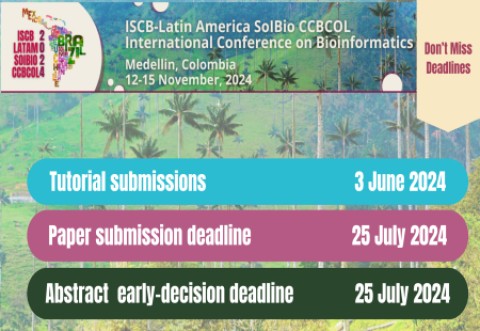

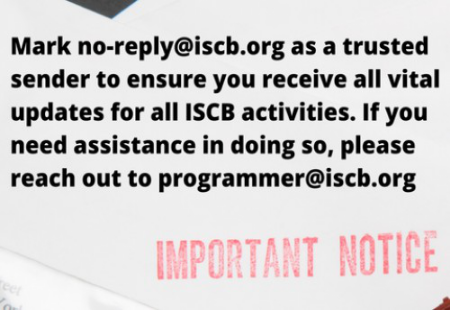




















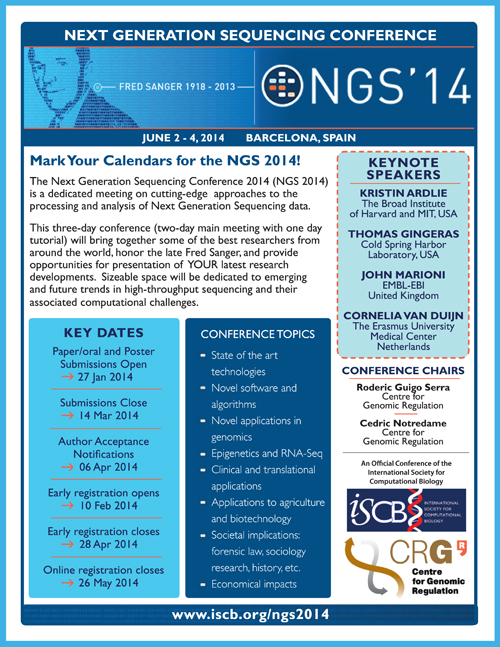
 Kristin ARDLIE
Kristin ARDLIE






